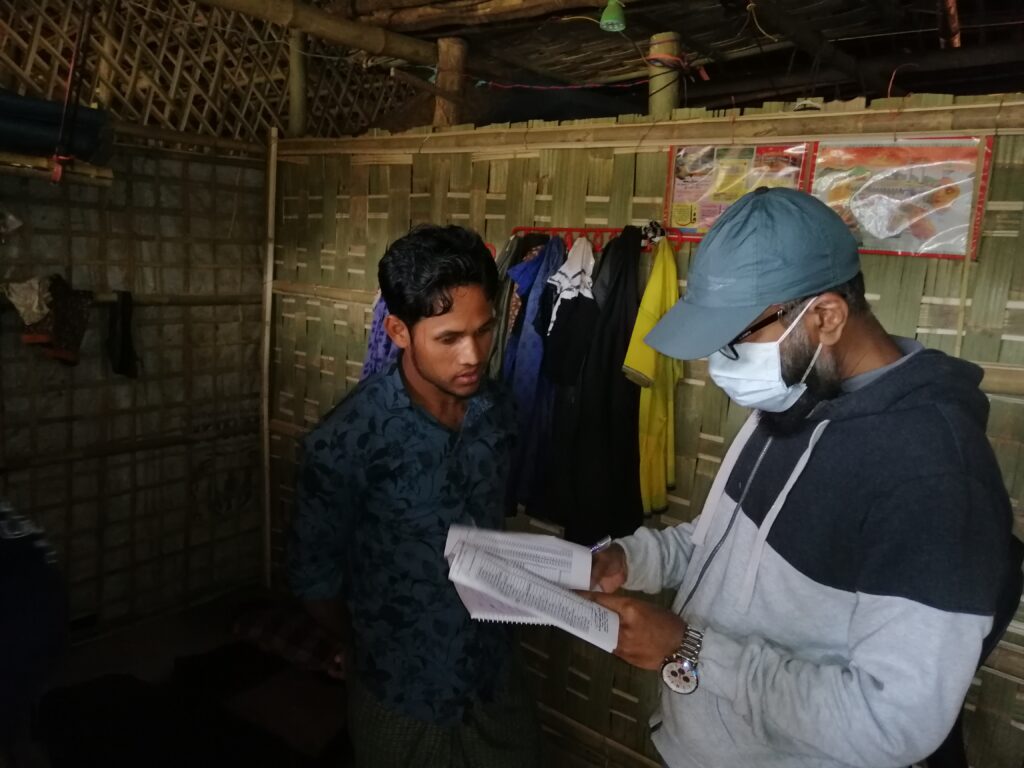Provide transitional shelter assistance to vulnerable Rohingya refugee families and the surrounding host community.
Offer essential non-food items (NFI) to support vulnerable refugees and host communities.
Implement the Transitional Shelter Assistance (TSA)2 program, allowing refugees to choose and improve their shelters.
Address critical needs by reconstructing and maintaining existing shelters, water wells, and tube wells.
Enhance the capacity of stakeholders for sustainable operation, maintenance, and improvement of shelters and water points.
Implement fire safety measures within shelters.
The project seeks to achieve the following objectives:
Address the protection concerns of refugees and host communities residing in Rohingya refugee camps and surrounding areas.
Enhance the living conditions and access to clean drinking water for Rohingya families residing in Kutupalang refugee camp.
Build capacity for sustainable operation, maintenance, and improvement of shelters and water points.

As per the project proposal, process monitoring forms an integral part of the project management and aligns with the interests of the donors. This ongoing monitoring throughout the project lifecycle ensures accountability, transparency, and effective implementation.
SM Moinur Rahman’s process monitoring will likely focus on:
Assessing the status of planned activities against established timelines and milestones.
Evaluating the efficient and effective use of available resources, including financial and human resources.
Assessing the effectiveness of established monitoring and evaluation systems in providing timely and accurate data.
Assessing the level of engagement and satisfaction of project stakeholders, including refugees, host communities, and implementing partners.
Identifying potential challenges and risks that may hinder project implementation and proposing mitigation strategies.
Providing data and insights to guide decision-making and ensure project activities are successfully executed.
Identifying areas for improvement and implementing corrective actions to enhance project effectiveness.
Demonstrating transparent and accountable use of donor funds and delivering project outcomes as per agreed objectives.
Let’s work together to create impact.
All rights reserved by DevMaker Consulting 2024.